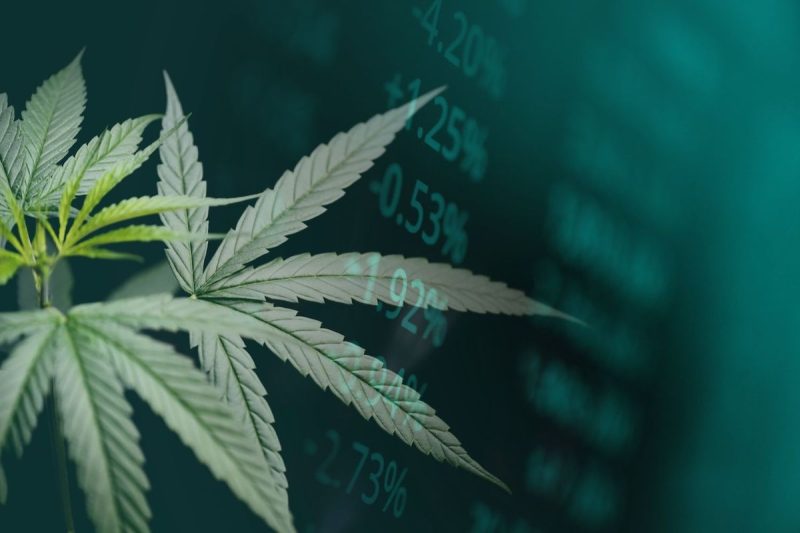In October 2021, the U.S. cannabis sales reached a record high, indicating a significant surge in the market. This burgeoning growth sets the stage for the industry to hit a whopping $55 billion by the year 2030. The demand for cannabis and its related products has been steadily increasing, fueled by changing regulations, shifting attitudes towards its consumption, and growing awareness of its potential health benefits.
One of the key factors driving this exponential growth is the increasing legalization of cannabis across several states in the U.S. With more states opting to legalize both medicinal and recreational use of cannabis, consumers now have greater access to a wider variety of products. This increased accessibility has not only expanded the consumer base but has also encouraged existing users to explore new products and consumption methods.
Moreover, the growing acceptance of cannabis for its therapeutic properties has played a crucial role in driving sales. Consumers are increasingly turning to cannabis as a natural alternative for managing various health conditions, such as chronic pain, anxiety, insomnia, and even certain neurological disorders. As more research emerges supporting the medicinal benefits of cannabis, consumers are becoming more inclined towards incorporating cannabis products into their wellness routine.
Another significant trend contributing to the surging sales is the diversification of cannabis products available in the market. From traditional flower and concentrates to edibles, topicals, and beverages, consumers now have an extensive range of options to choose from. This diversity in products caters to different preferences and lifestyles, making cannabis more accessible to a broader demographic.
The evolution of consumer preferences and the rise of innovative product formulations have also transformed the cannabis market. Brands are now focused on creating premium, high-quality products that not only deliver on efficacy but also offer a unique and enjoyable consumer experience. This shift towards product differentiation and branding has been instrumental in attracting new consumers and creating brand loyalty in an increasingly competitive market.
Furthermore, advancements in technology and infrastructure have significantly improved the cultivation, extraction, and manufacturing processes in the cannabis industry. This has not only increased the efficiency of production but has also led to the development of more potent and consistent products. As a result, consumers can now expect higher quality and standardized products across the market, enhancing trust and reliability in cannabis brands.
In conclusion, the U.S. cannabis market is experiencing unprecedented growth, with sales reaching record highs in October 2021. This growth trajectory is expected to continue, with the market projected to grow to $55 billion by 2030. Factors such as legalization, changing consumer attitudes, product diversification, brand innovation, and technological advancements are driving this expansion. As the industry continues to evolve and mature, the future of cannabis in the U.S. appears promising, offering lucrative opportunities for businesses and catering to the diverse needs of consumers.

